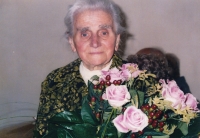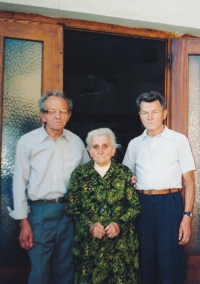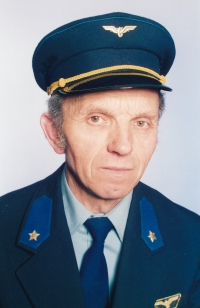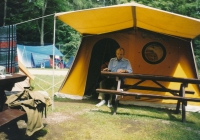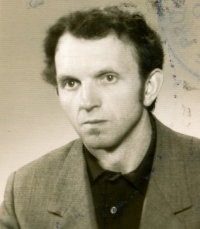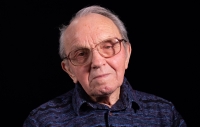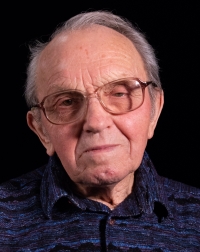They told me not to even try to apply to any school in the country

Download image
František Vomáčka was born on the 14th April of 1934 in Poříčí near Litomyšl in a family of practicing and socially active Catholics. He started the high school in 1949 at a time when students were already being arrested for the upcoming political process with the Stříteský group. In 1950, he himself was accused of a crime against the state as his aunt, Antonie Nádvorníková, made several copies of a letter describing the events surrounding the so-called Miracle of Číhošť and gave one to František. The aunt was sentenced for three years of jail, František and two other adressees of the letter were tried and acquitted but he could not continue his high school studies. He worked in many blue-collar jobs and in 1963, he graduated from a secondary technical school where he took the evening courses. In 1969, he joined the Czechoslovak People’s Party. In 1971, he settled in Horní Moštěnice. In 1989, he started a Scout group, an Orel [Eagle] organisation. For some time, he was the vicechair of the local chapter of the Christian and Democratic Union – Czechoslovak People’s Party
